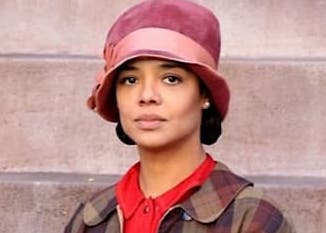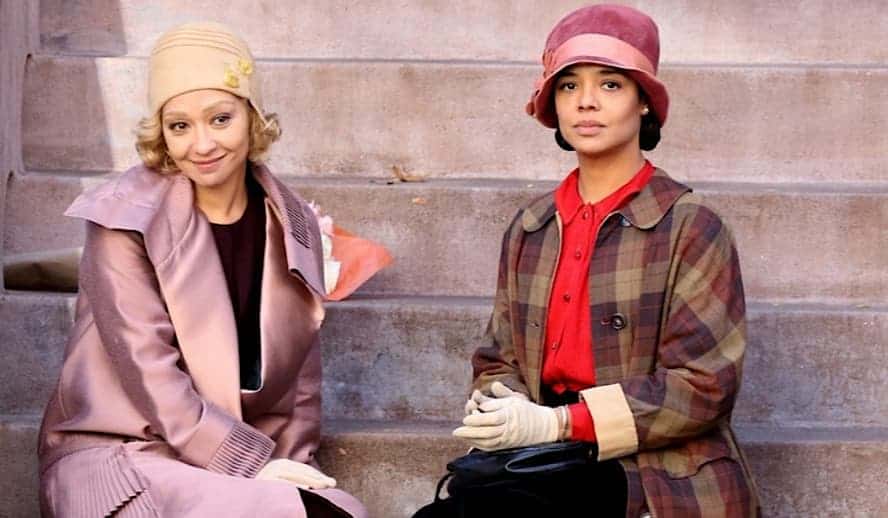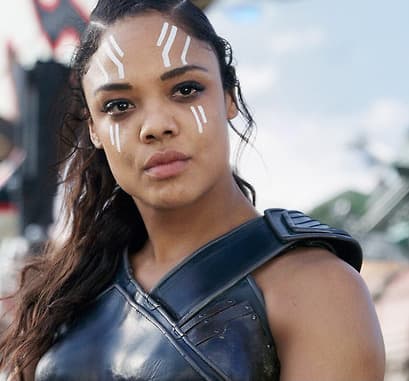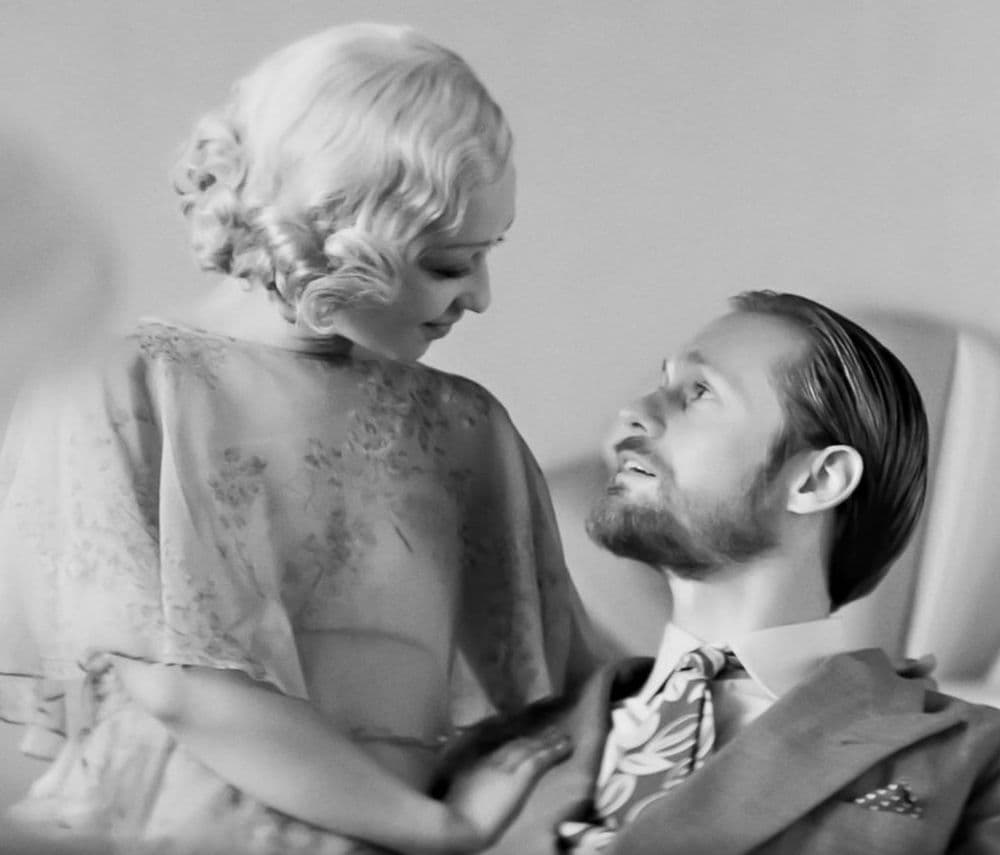Let's Stay Connected
Never miss a blog post or book news for Stella Atrium. Leave your email address here for notice of upcoming writer events.
Never miss a blog post or book news for Stella Atrium. Leave your email address here for notice of upcoming writer events.
Discover the early lives of your favorite characters in The Tribal War Series FREE ebook
SPECULATIVE FICTION WRITER
SPECULATIVE FICTION WRITER

This Midwestern white girl has no business offering a review of Passing that’s about pressures of colorism in 1929 Harlem. I’m not the intended audience, except maybe I am. Passing is a teaching moment, perhaps, for white Americans who bought into the faltering idea that the election of President Obama started a post-race era.

At the premiere of Passing during Black History Month 2021, the writer/director Rebecca Hall talked about the ethnicity of her parents and grandparents. The relative degree of mixed blood for actors Tessa Thompson and Ruth Negga was also touted as relevant, like they were speaking to their ancestors through these roles. All this was broadcast in the name of breaking the color barrier for better roles in Hollywood. Good for them.
This white girl was aware of Tessa Thompson for her roles as a Valkyrie in Thor: Ragnarok and as Agent M in Men in Black: International, both opposite Chris Hemsworth in the title roles. The sharp edge of African American rhetoric doesn’t cling to her like it does to Viola Davis or Regina Hall. Tessa Thompson’s birth origins are no more relevant to the roles than the origins of Emma Thompson as Agent O.

In the first sequence of Passing, Irene Redfield (Thompson) enters white neighborhoods in NYC to purchase a toy for her son that’s not available in Harlem stores. She can pass for white by dressing correctly, down to the white gloves and the hat brim pulled close. Irene plays with danger by entering the Drayton Hotel solarium tea room to get cool on the blistering day. There she connects with Clare (Ruth Negga) who she knew in childhood and who is passing for sure, married to a white bigot who is unaware of her ruse (Alexander Skarsgard).
“I pulled it off,” Clare declares gleefully.
The visual styling and choice of monochrome for the cinematography places the action in an earlier decade and set of social constructs where real danger came from being in the wrong place for the wrong reasons. The mannerisms of the women feel practiced as though they are pretending, which they are. Clare speaks in the cadence of Olivia de Havilland, both clipped like a Brit and using round vowels like in the Old South.
The real surprise was when Irene returns to Harlem and uses these same mannerisms in her affluent real life, complete with an elegant row-house, doctor husband and two sons, and a housekeeper named Zulena (Ashley Wale Jenkins) who has much darker skin.
Clare invades the home with her vivacious and seductive manner, working her magic on black friends as easily as on her white husband. She’s seeking comfort from the danger of her life style choices, but has no trouble taking kudos for her light-skinned appeal, even creating a rift in Irene’s marriage.
Irene is the more interesting character with her ambivalence toward preferring whites, even proud of her connection with a white writer Hugh Wentworth (Bill Camp) who is slumming in Harlem and passing for straight. Safety is Irene’s big concern for her children, even promoting to her husband the idea of moving to South America where his doctor practice could land them a more comfortable place in the nearly feudal class system of Columbia, swapping class for race.
Irene is safe within her mannered choices, but she doesn’t feel safe. Visits from Clare upset her equilibrium, but also make her confront her own preferences on the continuum of colorism. And of course, Clare’s world collapses when her husband learns the truth, thereby increasing Irene’s yearning for safety.

In my world, we tend to judge each other by who was smart enough to buy stock in Tesla and who got burned with Bitcoin. In my travels, I did see some prejudice over physical features among Greeks who talked about Turks and Armenians and Romanian gypsies in the harshest terms, but their wounds from local wars were only one-generation removed.
The big take-aways from this movie are questions of colorism and yearning to be white, or closer to the freedoms that whites take for granted, a repressive concern that black Americans impose on themselves. Like many Americans, I’m over my supposed white guilt. I’m just waiting for the trend of identity politics to burn itself out.
Sign up for Stella Atrium’s Newsletter to get the next review.